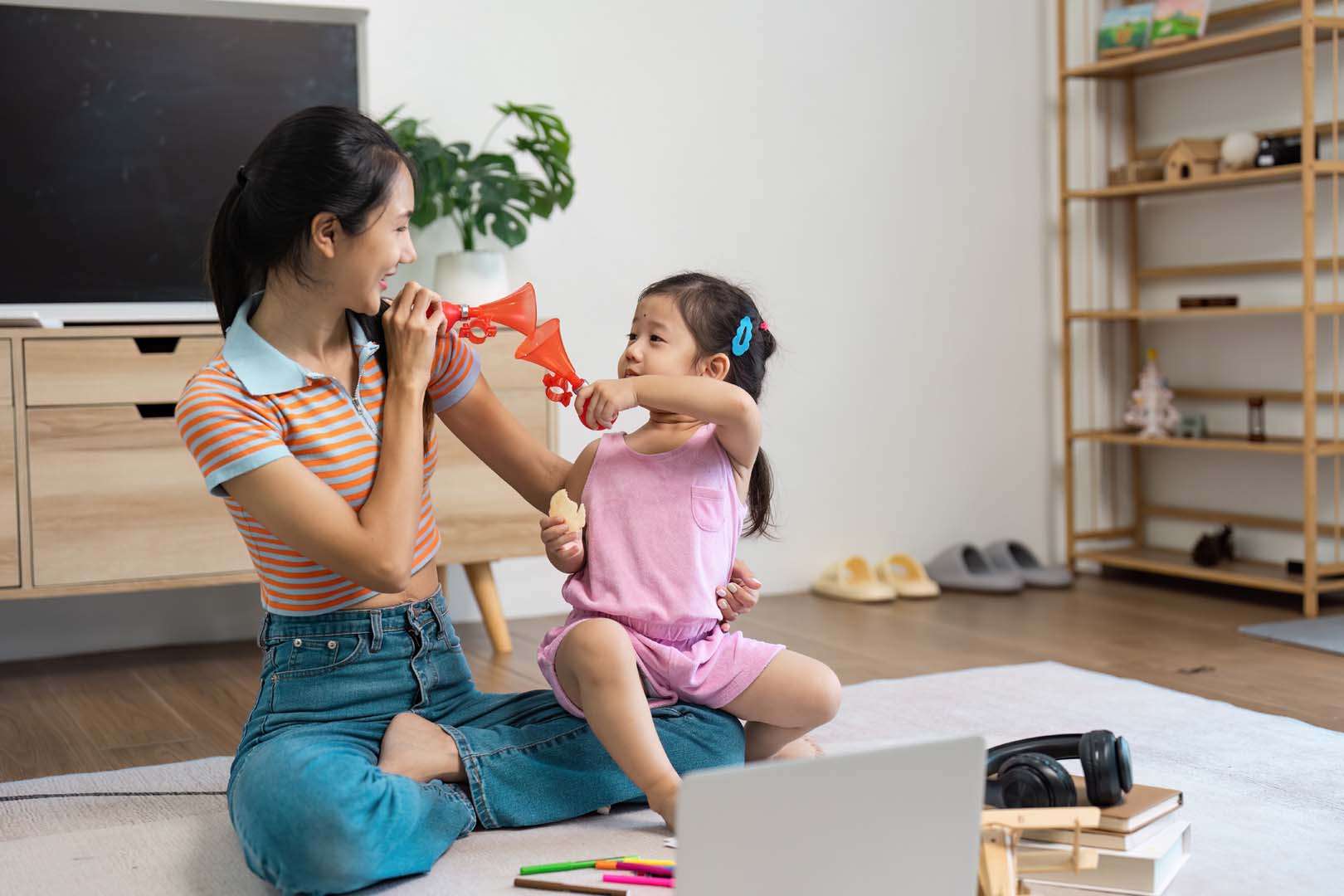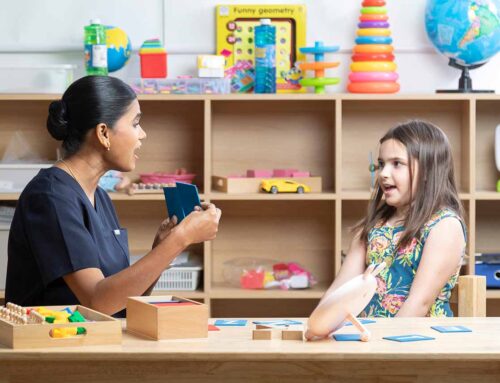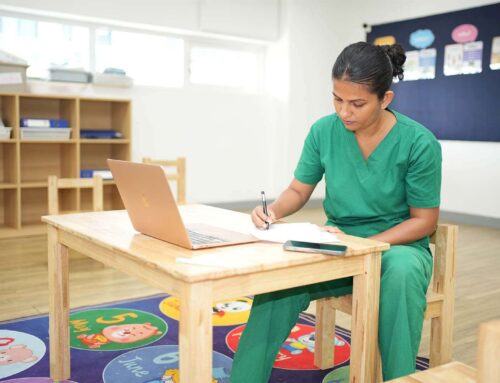Sometimes the most effective speech therapy tools are the simplest—like a toy that makes noise or a playful exchange of silly sounds. Engaging with sound-based toys and mimicking noises can be a powerful way to build early speech and communication skills, especially in toddlers or children with speech delays.
At OrbRom Center in Phnom Penh, we believe that speech development begins with interaction and connection. That’s why sound play is a regular feature in our early intervention sessions—because when children enjoy making sounds, they’re more likely to explore speech.
How Sound Play Boosts Speech Development
Sound play stimulates multiple parts of the brain, helping children recognize cause and effect, imitate sounds, and experiment with vocalization. When a child toots a horn, makes an animal sound, or copies a parent’s silly noise, they’re practicing foundational speech skills like:
-
Oral-motor movement: using lips, tongue, and jaw
-
Sound imitation: copying sounds they hear
-
Turn-taking: essential for conversations
-
Joint attention: focusing on the same activity as someone else
-
Expressive language: using sounds to communicate intention or emotion
These are often the first steps toward forming words and sentences—especially for children with developmental delays or communication challenges.
Sound Play in Speech Therapy at OrbRom Center
In our Phnom Penh center, we use a range of sound-based toys—horns, whistles, musical instruments, and even homemade noise-makers—to grab children’s attention and encourage vocal play. Therapists model simple sounds like “moo,” “beep,” “ahhh,” or “pop!” and encourage the child to mimic or respond.
For children who are nonverbal or just beginning to speak, this playful engagement helps build confidence and interest in communication. It’s also a low-pressure environment where there’s no expectation for perfect speech—just joyful interaction.
How Phnom Penh Parents Can Use Sound Play at Home
You don’t need fancy tools. Use whatever makes noise—plastic cups, wooden spoons, toy microphones, or your own voice. Here’s how to make it fun and educational:
-
Make and copy animal sounds together: “What does the lion say?”
-
Echo silly noises: “Boop!” “Zing!” “Brrr!”—take turns and laugh.
-
Sing call-and-response songs: “Row, row, row your boat…”
-
Use a sound toy to teach cause and effect: “You push—it beeps!”
-
Celebrate sound imitation: Even “goo” or “ba” deserves cheering.
These shared sound experiences help create the foundation for spoken language.
A Sound Start with OrbRom Center
At OrbRom Center, we specialize in early speech and communication support that’s rooted in play. Whether your child is delayed in speech, has a diagnosis such as autism, or simply needs a little help getting started, our therapists know how to turn giggles and games into growth.
👉 Learn more about our Speech Therapy Services
We are the only Preschool specialized on children with special needs in PhnomPenh.
- Internationally qualified teachers
- Cambodia’s largest sensory room
- Outdoor swimming pool
- Covered outdoor playground📞 Phone: 077.455.993
Telegram Link: https://t.me/OrbRom






